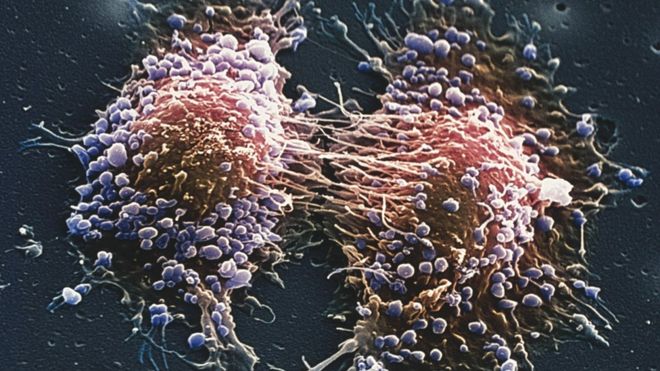ScienceRocks
Democrat all the way!
- Banned
- #1
Prostate cancer drug so effective trial stopped
sfgate ^ | 6/2/12 | Victoria Colliver
Prostate cancer drug so effective trial stopped
A new drug for advanced prostate cancer patients has proved so effective that researchers stopped the clinical trial early to give all patients a chance to receive the life-extending medication, according to a UCSF-led study released Saturday.
The hormone treatment, Johnson & Johnson's Zytiga, when added to a standard steroid therapy doubled the time it takes for the disease to progress in patients treated with the standard therapy alone, said the lead researcher, Dr. Charles Ryan, associate professor of clinical medicine at the UCSF Helen Diller Family Comprehensive Cancer Center.
sfgate ^ | 6/2/12 | Victoria Colliver
Prostate cancer drug so effective trial stopped
A new drug for advanced prostate cancer patients has proved so effective that researchers stopped the clinical trial early to give all patients a chance to receive the life-extending medication, according to a UCSF-led study released Saturday.
The hormone treatment, Johnson & Johnson's Zytiga, when added to a standard steroid therapy doubled the time it takes for the disease to progress in patients treated with the standard therapy alone, said the lead researcher, Dr. Charles Ryan, associate professor of clinical medicine at the UCSF Helen Diller Family Comprehensive Cancer Center.





